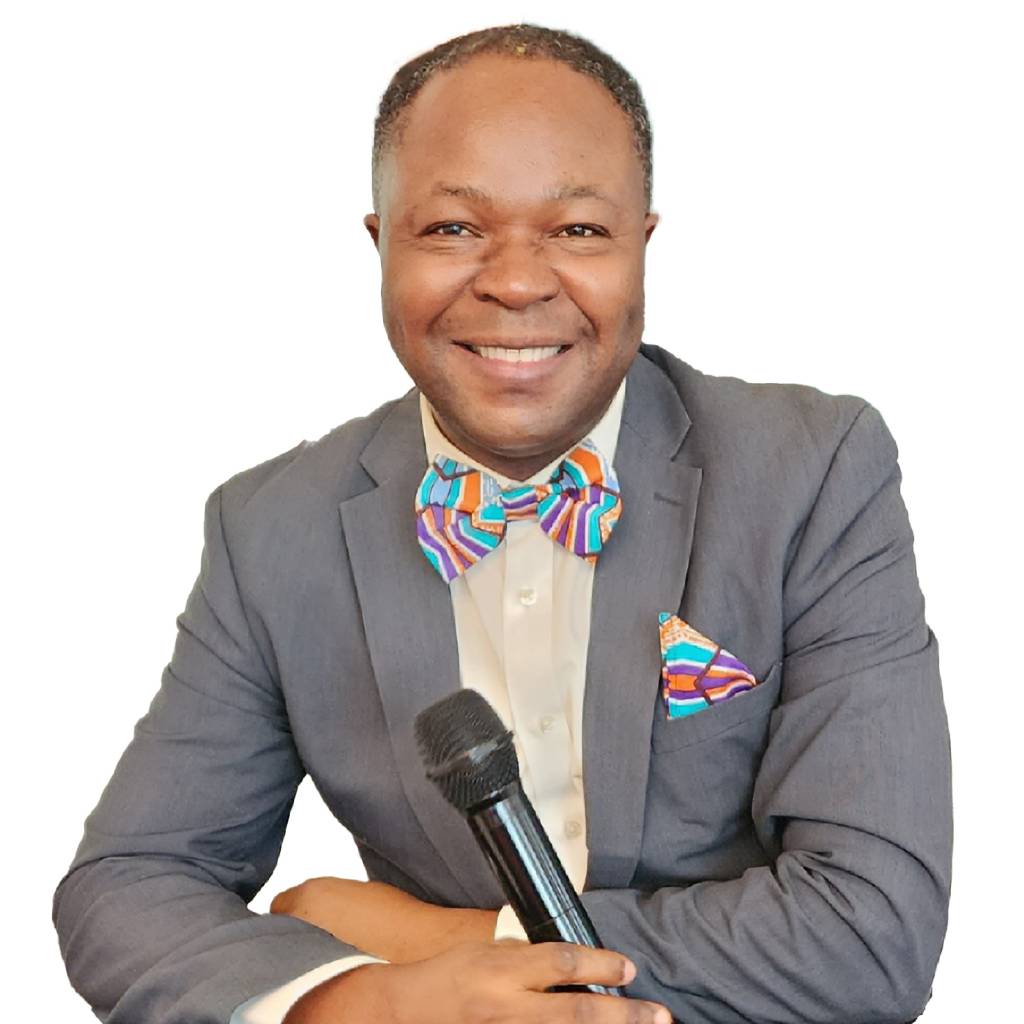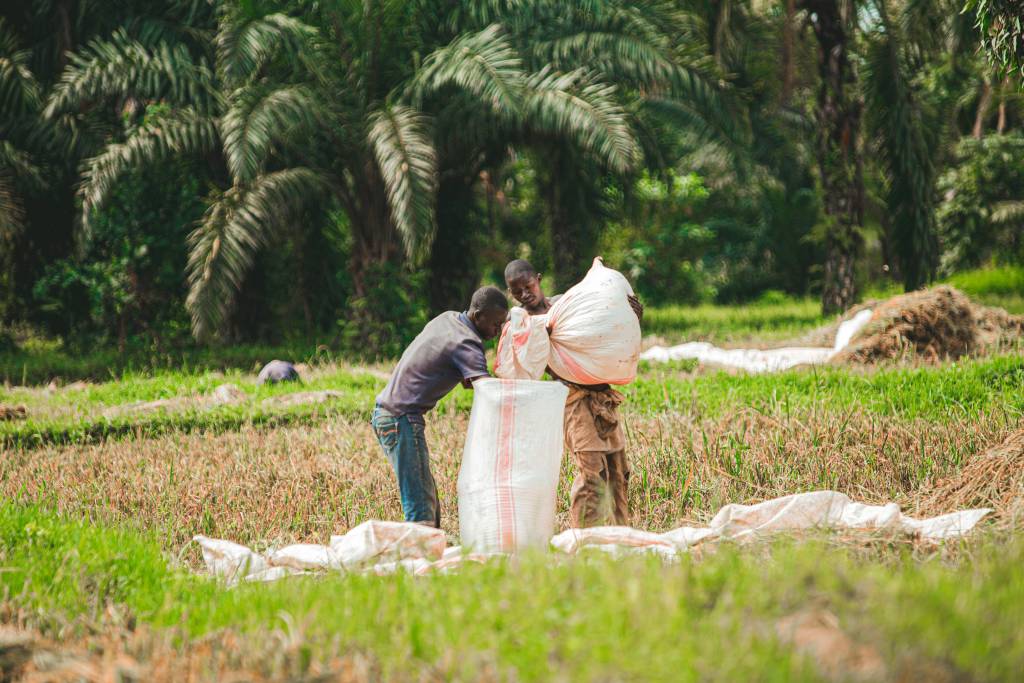A qui de droit,
La présente vise à informer le grand public, la Communauté Économique des États de l’Afrique de l’Ouest (CEDEAO), les organisations de donneurs et les organisations de la société civile à travers la région de l’Afrique de l’Ouest et au-delà que M. Komlan Messie n’est plus associé au Forum de la Société Civile de l’Afrique de l’Ouest (FOSCAO).
Il a été suspendu de ses fonctions de secrétaire général le 28 avril 2022, en raison de graves préoccupations concernant sa conduite et son manque de coopération dans le cadre d’enquêtes internes. Malgré sa suspension, M. Messie s’est fait passer pour un représentant du FOSCAO, s’engageant dans des activités non autorisées et diffusant de fausses informations sur l’organisation réputée. Son contrat a été résilié le 31 juillet 2022, en raison de plusieurs problèmes ayant conduit à sa suspension, notamment une faute grave, un abus et un détournement de pouvoir, une insubordination et un mépris flagrant de la charte du FOSCAO.

Activités subversives de M. Komlan Messie:
1. Assemblée non autorisée: M. Messie, alors qu’il était en suspension, a organisé une Assemblée générale frauduleuse du FOSCAO (Forum des peuples) en République du Bénin le 30 juin 2022, à l’insu du Secrétariat régional du FOSCAO et sans l’approbation du Comité exécutif du FOSCAO, ce qui a donné lieu à l’élection illégale d’individus prétendant être de nouveaux membres du Comité exécutif.
2. Vol de biens de l’organisation: Lors de son départ du Secrétariat du FOSCAO au Nigeria, M. Messie a illégalement pris de nombreux biens du Secrétariat, y compris des informations administratives et financières critiques, ainsi qu’un ordinateur portable officiel du Secrétaire général.
3. Détournement des canaux de communication: Il a détourné les plateformes en ligne du Secrétariat du FOSCAO, y compris les comptes de médias sociaux et le site Web principal, les utilisant pour diffuser de faux récits et des attaques malveillantes contre l’organisation, le personnel du Secrétariat régional et les membres légitimes du Comité exécutif.
4. Fausses déclarations: M. Messie continue de se présenter faussement comme le directeur exécutif du FOSCAO, un poste qui n’existe pas dans la charte du FOSCAO, en envoyant des communications et des documents non autorisés aux partenaires et aux parties prenantes, ce qui porte atteinte à l’intégrité de notre organisation.
5. Actions non autorisées auprès de la Nigerian Corporate Affairs Corporation (CAC): M. Komlan Messie, avec l’aide d’un avocat, a approché la Commission nigériane des affaires corporatives (CAC) pour s’ajouter lui-même et ses complices en tant que directeurs du Forum de la Société Civile de l’Afrique de l’Ouest. Cette démarche a été effectuée sans que le comité exécutif ou le conseil d’administration existant n’en ait été informé, n’y ait consenti ou n’y ait donné son accord. Les signatures des membres actuels du Conseil d’administration ont été falsifiées au cours de ce processus. Nous avons formellement notifié la CAC de ces actions, mais M. Messie a décliné à plusieurs reprises leurs invitations à clarifier la situation. Une enquête est actuellement en cours pour identifier ces falsifications et ces cas d’usurpation d’identité, qui sont des délits graves punissables par la loi nigériane.
6. Manipulation des institutions financières: Il a tenté de geler les comptes bancaires du FOSCAO en utilisant des informations mensongères, ce qui a entraîné des perturbations importantes dans nos opérations financières. Cependant, le Secrétariat du FOSCAO a depuis réussi à reprendre le contrôle de tous les comptes précédemment gelés.
7. Manipulation et campagne de désinformation: M. Komlan a manipulé certains membres des plateformes nationales du FOSCAO et d’autres organisations de la société civile par le biais d’informations fallacieuses qui le présentent comme une victime de l’autoritarisme et des abus des membres du Comité exécutif du FOSCAO, ce qui n’est pas du tout le cas.
8. Harcèlement juridique: M. Messie a engagé de multiples actions en justice contre les membres du Comité exécutif du FOSCAO, diverses autorités, et même des agents de la police nigériane, y compris une affaire impliquant un juge de la Haute Cour d’Abuja, tout cela dans le but de saper le leadership et l’intégrité opérationnelle de l’organisation. Nous sommes heureux d’annoncer que ces affaires ont été jugées en faveur des membres du Comité exécutif du FOSCAO.
Compte tenu de ces graves préoccupations, nous conseillons vivement à tous les partenaires, aux parties prenantes et au public de cesser toute communication ou relation avec M. Komlan Messie. Toute affaire ou tout accord conclu avec lui au nom du FOSCAO n’est pas autorisé et se fait aux risques et périls de chacun.
Le FOSCAO poursuit activement une action en justice pour remédier à ces violations et récupérer tous les actifs détournés. Nous vous assurons que nous nous engageons à respecter les normes les plus élevées en matière de responsabilité et de transparence au sein de notre organisation.
Pour les communications officielles, veuillez visiter le Secrétariat régional du FOSCAO situé au No. 8, Jaba Close, off Dunukofia Street, by FCDA, Area 11 Garki, Abuja Nigeria ou nous contacter à travers les courriels suivants :
– info@wacsofoscao.org
– communications@wacsofoscao.org
– contactwacsof@gmail.com
Nous vous remercions de votre compréhension et de votre soutien dans la préservation de l’intégrité du FOSCAO.
Cliquez sur le lien ci-dessous pour obtenir tous les documents à l’appui des affirmations ci-dessus.




